People in Japan are known for their very long lifespan, in part because the Japanese diet consists of fresh food. The Japanese also have a different attitude towards food than the modern Western population.
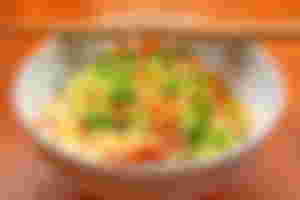
The culinary tradition of Japan is based primarily on respect for nature, so it is extremely healthy, and the Japanese diet is based on this principle. The inhabitants of this country are considered to be one of the healthiest and longest-lived peoples and rarely suffer from modern diseases. In this culinary tradition, there is no stewing and simmering, heavy smells and harsh attacks on the stomach. Japanese cuisine is light and uses only the freshest ingredients, among which vegetables, soy, fish, rice, tofu cheese, seaweed and other seafood predominate.

Because of all the above, many residents do not need a 14-day Japanese diet, and we Westerners have to adapt to this diet if we want to be slim and healthy. The Japanese especially appreciate dishes "on a spoon", e.g. miso soup, which is made from vegetables with the addition of miso paste (soy in the form of paste) and is eaten at any time of the day, even for breakfast. Sushi is the national specialty of this country, and for years it has been one of the world's most popular dishes, it is made from raw fish, rice, seaweed, soy sauce and numerous spices.
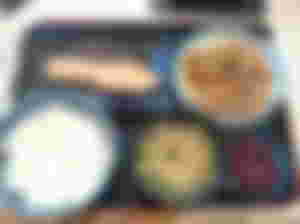
The Japanese simply adore vegetables: red peppers, zucchini, peas, eggplant, green peppers, onions, tomatoes, carrots, spinach, bamboo shoots, beets, sweet potatoes, beets, burdock (Japanese root vegetables rich in fiber), shiitake… common are part of their diet. Vegetables are served cooked in a spicy soup or steamed, or baked in a small amount of oil, which enables maximum preservation of useful ingredients.
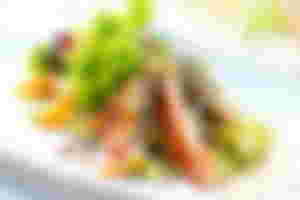
For the rest of us, if we start adhering to the Japanese way of cooking, there is a high probability that we will lose weight, cleanse the body of various toxins, increase immunity. Here is a list of foods that are used for 14 days (2 cycles of 7 days).
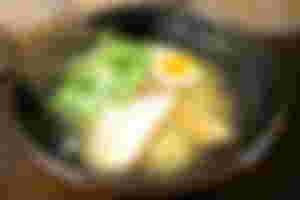
First day (eighth day)
Breakfast: black coffee or tea
Lunch: two hard-boiled eggs, boiled cabbage a little seasoned with olive oil, one fresh tomato (optional glass of tomato juice without salt)
Dinner: 200g boiled fish, fresh cabbage salad
Second day (ninth day)
Breakfast: black coffee and toast (maybe a slice of black bread)
Lunch: boiled or grilled fish, fresh cabbage salad with olive oil
Dinner: 200g boiled beef, a glass of yogurt

Third day (tenth day)
Breakfast: black coffee
Lunch: one hard-boiled egg, three large boiled carrots with olive oil and lemon salad dressing
Dinner: a couple of fresh apples
Fourth day (eleventh day)
Breakfast: black coffee
Lunch: one large boiled or fried parsnip or primrose root, apple
Dinner: two boiled eggs, 200g of boiled beef, fresh cabbage salad
Fifth day (twelfth day) - Japanese diet
Breakfast: fresh carrot salad with lemon juice
Lunch: 400g boiled fish, a glass of tomato juice (optionally one fresh tomato)
Dinner: 200g boiled fish, fresh cabbage salad
Sixth day (thirteenth day)
Breakfast: black coffee
Lunch: 500g boiled chicken, carrot salad or fresh cabbage
Dinner: two hard-boiled eggs, fresh cabbage salad
Seventh day (fourteenth day)
Breakfast: green or black tea
Lunch: 200g boiled beef, fruit of your choice
Dinner: any of the above recipes from the Japanese diet for dinner, except the third day

While the Japanese diet lasts, physical activity of, for example, 30 minutes of daily walking, or some similar activities, is also recommended. Keep in mind that this is a low-calorie diet, so it is best to check with your doctor to see if it suits your body.
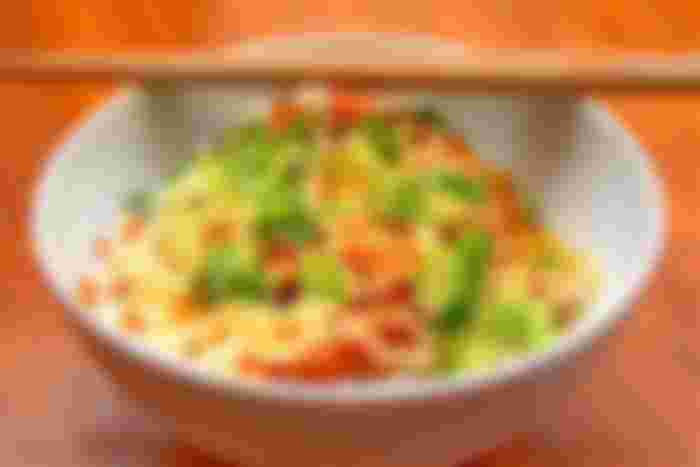
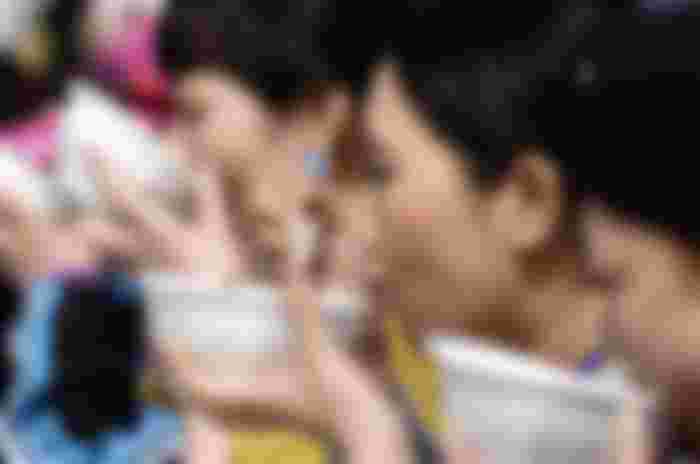
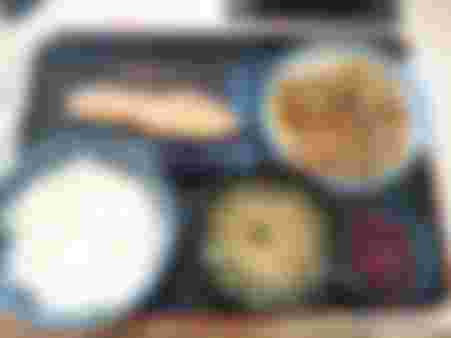
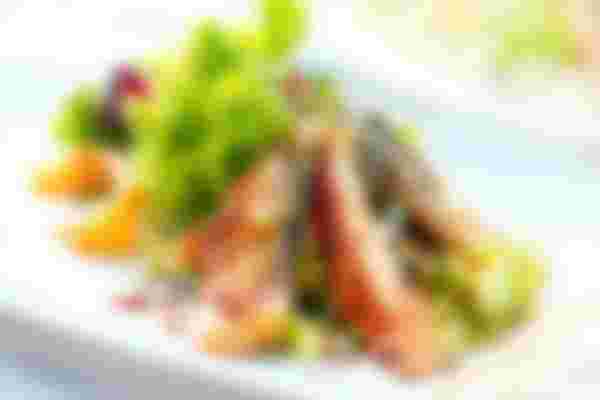
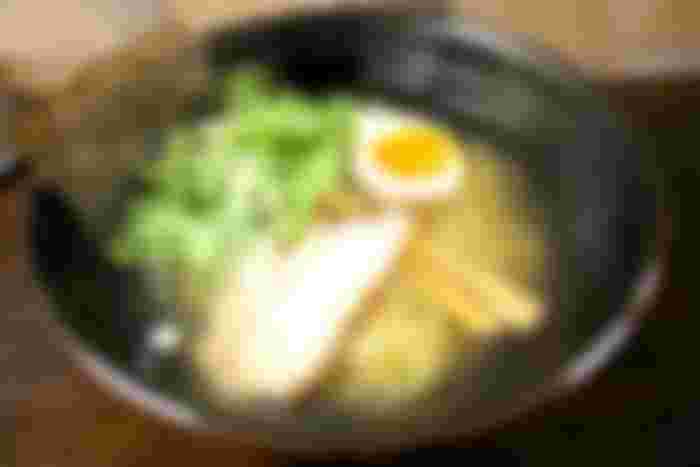


I’ve heard that there is a Brazilian diet, a Chinese diet, but for the first time I hear about the Japanese diet, great post!